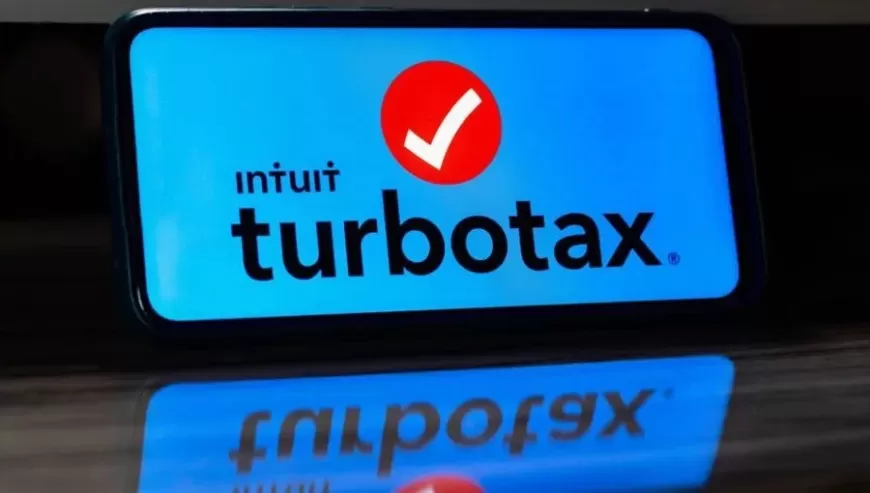Intuit's TurboTax Sees Decline in Free Users This Tax Season
Intuit's TurboTax saw a decline of 1 million free users this tax season, impacting its stock. Despite this, average spending per user rose by 10% and revenue grew 12%.

Intuit Inc. faced a notable drop in the number of users for its TurboTax service, losing 1 million free customers this tax season. This development led to a significant 9.3% drop in the company’s stock price on Friday, marking the largest decline since November 2022.
Reduction in Free TurboTax Users
This year, around 10 million people utilized TurboTax for free, a decrease of 1 million compared to the previous year. Intuit, headquartered in Mountain View, California, also lost market share among its lower-paying customers. Despite this setback, the company is focusing on users with more complex tax situations, offering online assistance from tax experts and incorporating more artificial intelligence features into its products.
Financial Results and Strategic Changes
Despite the loss of free users, Intuit’s financial performance showed positive signs. The average expenditure per TurboTax user increased by 10% this year. Additionally, the company's fiscal third-quarter revenue grew by 12% to $6.74 billion, surpassing analysts’ expectations of $6.64 billion. Profit for the quarter, excluding certain items, was $9.88 per share, exceeding Wall Street’s forecasts.
During an earnings call, executives addressed concerns about the decline in user numbers. Keith Weiss, an analyst at Morgan Stanley, questioned why Intuit couldn't attract both high-end and low-end market customers with TurboTax. CEO Sasan Goodarzi responded by emphasizing that the company is not interested in users who frequently switch between free platforms, but rather in those who traditionally hire accountants for their tax returns.
Competition and Government Alternatives
Some users may have opted for an IRS pilot program offering free tax software in limited states, used by about 140,000 people this tax season. Intuit has long opposed government-provided tax software, arguing that private companies already offer free solutions.
Market Performance and Future Projections
Despite the recent stock drop, Intuit’s shares had risen by 6% this year up until Thursday. Analysts like Niraj Patel from Bloomberg Intelligence noted that investors might have expected stronger results from Intuit’s business-oriented products like QuickBooks. Sales from the QuickBooks unit, which targets small businesses and self-employed users, increased by 18% to $2.4 billion, meeting estimates.
Looking ahead, Intuit forecasts total revenue of approximately $3.1 billion for the current quarter, exceeding analyst predictions. Profit for the quarter, excluding certain items, is projected to be between $1.80 and $1.85 per share.
Leadership Changes and Future Directions
In other developments, Credit Karma CEO Kenneth Lin will step down at the end of the year. Joe Kauffman, the current president of the unit, will take over on August 1. Intuit acquired Credit Karma in 2020 and is now working to transition users from Mint, a financial management app acquired in 2009 and recently shut down, to Credit Karma. The company expects Credit Karma’s annual revenue to grow by about 2% to $1.66 billion, an improvement from previous flat growth projections.
These strategic adjustments and anticipated revenue growth suggest that Intuit is adapting to changing market conditions and focusing on long-term growth opportunities.
Also Read: Global Markets Surge on Rate Cut Speculation































































